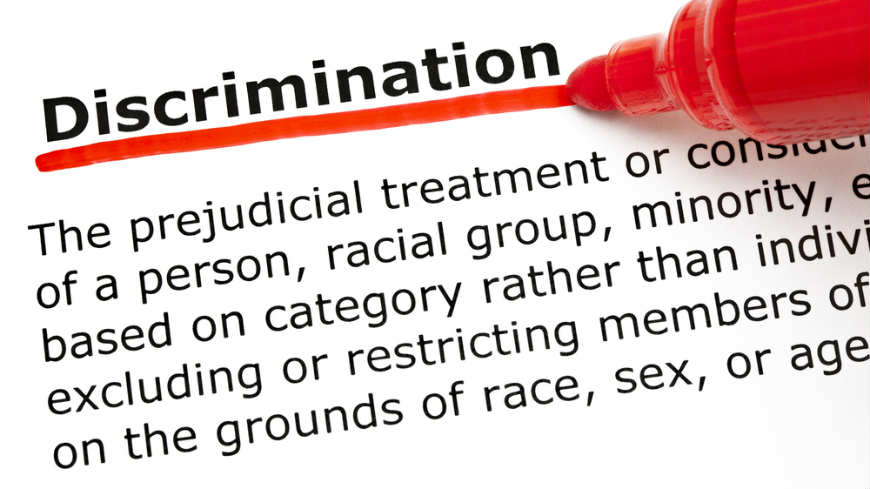On 26 March, 2 and 13 April, the non-profit organisation (NGO) Unison conducted three seminars for NGOs, women with disabilities and people with disabilities within the framework of the project "Combating Discrimination on the Grounds of Disability in Armenia".
This project is supported through a grant by the European Union and Council of Europe regional anti-discrimination project for the Eastern Partnership. Over 40 participants attended the events and learnt more about forms of discrimination on the grounds of disability and the remedies and ways to overcome discrimination.
The seminars were moderated by the project coordination and UNISON director, Armen Alaverdyan. The speakers were Ara Ghazaryan, lawyer, international expert of the Council of Europe, Monica Sargsyan, Head of the Department for the Protection of the Rights of Persons with Disabilities of the RA Human Rights Defender's Office and anti-discrimination expert Sergey Harutyunyan.
The workshops were interactive and allowed for discussion and exchanges of views, during which the participants shared their experiences and concerns. Disability discrimination remains very problematic in Armenia, and many efforts need to be made to improve the accessibility, the legislation and practice in ensuring the full inclusion and access of disabled people.
The views expressed during the seminars can in no way be taken to reflect the official opinion of either party.
The seminars were organised as part of a project of UNISON supported through the project “Strengthening access to justice for victims of discrimination, hate crime and hate speech in Eastern Partnership countries”, funded by the European Union and the Council of Europe and implemented by the Council of Europe under their Partnership for Good Governance II (2019-2021).





